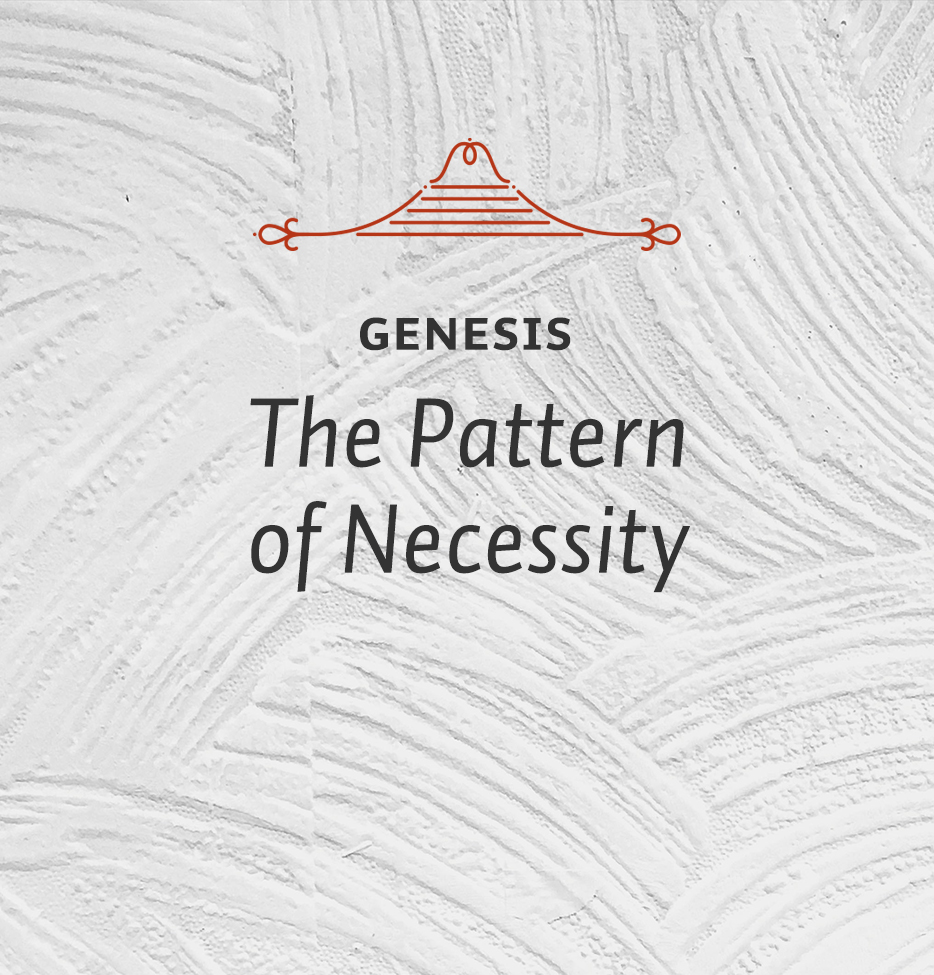When the brothers were in prison, they realized they were being punished for what they had done to Joseph. However, even at this point the brothers had only confessed their sin to one another and not to anyone who had not already known of it. And their confession, genuine as it was, was still without reference to the sovereign God of their fathers. It could merely have meant that history seems to follow a moral course; sin is often exposed, the guilty are punished. It took proof of God’s presence in the details of the restoration of their money to cause them to bring God into the picture for the first time. “What is this that God has done to us?” was their cry.
A great deal had been accomplished in these sin-hardened brothers of Joseph, accomplishments vividly detailed in Genesis 42. But there is a proper break between chapters 42 and 43, since however much had been accomplished, it is still the case that the sin against Joseph would never have been fully brought out into the open, have been confessed and then forgiven were it not for the continuing hand of God in the events now narrated. There is no record that the brothers ever mentioned Joseph again once they returned home. They were away from Egypt, the place of their problems. They had grain. Perhaps things could get back to normal, they must have been thinking.
Normal? What they thought normal was actually abnormal in the sense that it was contrary to the prevailing character of God. They thought that a life of covered-over sin could be tolerated. But God would not tolerate it, and He continued to work to bring the hidden sin to light. Robert Candlish wrote of their probable speculations:
Before their stock in hand is exhausted, plenty may have returned to the land of Canaan; and when Egypt’s lordly potentate ceases to have the immense power which his command of Egypt’s full granaries gives him over a starving world, he may become less tyrannical and more placable, and maybe got to consent on easier terms to Simeon’s release. But it is otherwise ordered by the Lord. The famine continues to become more severe rather than more mild. The corn brought out of Egypt is eaten up. The patriarch-father himself, as responsible for the household’s subsistence, is the first to turn his thoughts to the land of plenty, and the storehouses on the banks of the Nile: “Go again, buy us a little food” (vv. 1, 2).1
What God did at this point was to impose the pattern of necessity upon this family.
1Robert S. Candlish, Studies in Genesis (Grand Rapids, MI: Kregel, 1979), 669. Original edition 1868.






